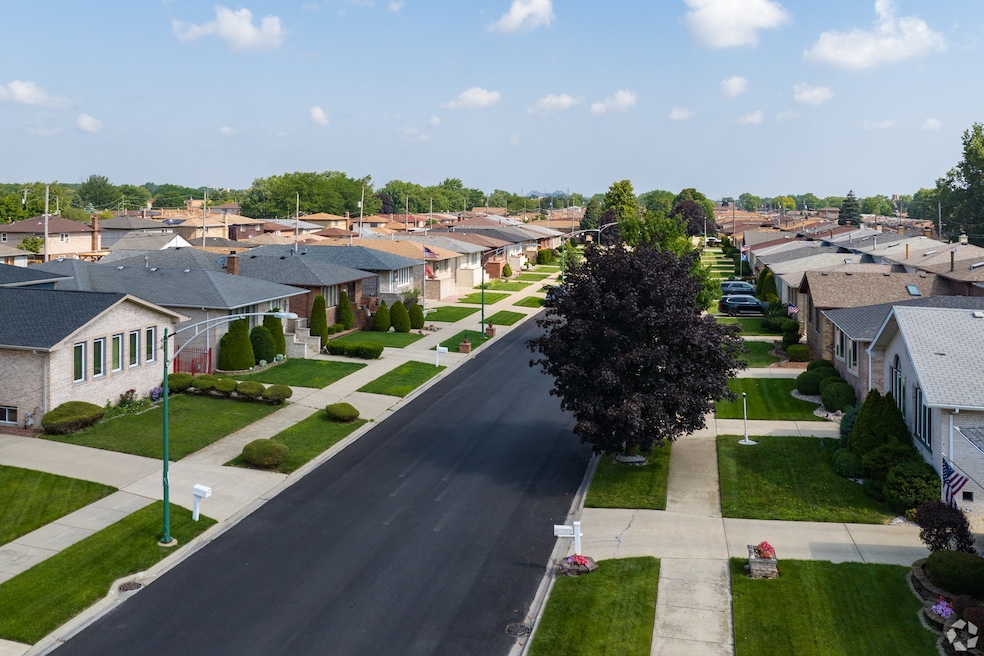Illinois has joined a wave of states making the eviction of home squatters easier and quicker, thanks to legislation Gov. JB Pritzker signed into law Monday.
Starting Jan. 1, Illinois property owners can work with police enforcement to remove squatters immediately — people who illegally reside in a house or building without a lease or ownership — by enforcing trespassing laws. It’s one of several states in recent years making changes to existing laws that once protected illegal tenants.
Previously, when a squatter claimed ownership or tenancy, the property owner was required to undergo the formal eviction process through civil court proceedings, which can be lengthy. The new law clarifies the definition between a squatter and an overstaying tenant, who would be someone who previously had legal ownership or tenancy, and allows police to enforce criminal trespassing laws on squatters.
“Squatters are a problem, and no one should have to get an eviction notice to remove them from their home. Law enforcement needs to be able to do their job and return homes to their rightful owners,” said state Sen. Lakesia Collins, a sponsor of the bill, in a statement. “We are responding to constituents who have had trouble with squatters who could not be removed without an eviction. This will simplify the process and bring back much-needed security to residents.”
It was witnessed recently by state Rep. Marcus C. Evans, who spoke to local news about his South Side Chicago neighbor’s vacant for-sale home being taken over by a family illegally this month. The owners visited the vacant home to find an unknown family living inside after changing the locks.
“What I experienced was evil, devastating and traumatizing,” Evans wrote in a social media post about his neighbors’ incident.
Those squatters claimed to be renters, and until 2026, they must be evicted through the court.
National moves against squatters
Other states have made changes to expedite the removal of squatters in recent years. Florida, Alabama, Tennessee, West Virginia and Georgia passed laws last year that similarly redefine squatters, allowing for law enforcement to remove unlawful tenants.
Some of these processes can be immediate, like Illinois, but others require a minimum notice to be provided to the squatters.
In a memo published in response to new laws, the National Housing Law Project noted that these expedited processes put legal tenants who may have proper documentation at risk.
“Merely being accused of squatting can result in a law enforcement officer appearing at one’s door and demanding proof of lawful occupancy. Some of these confrontations are bound to end in improper evictions and displacements when tenants do not present satisfactory proof, or when police disregard perfectly sufficient documents,” the California-based advocacy group wrote.

